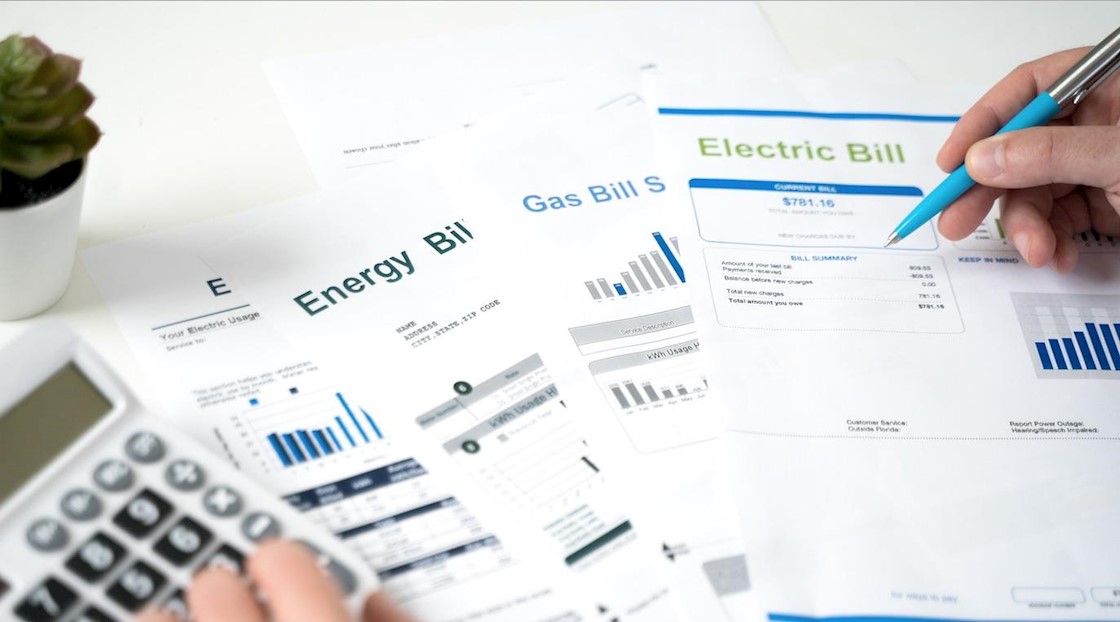Energy Price Cap Surge Aims to Aid Suppliers in Recouping Unprecedented Unpaid Bills


The impending increase in the energy price cap aims to assist suppliers in recouping an unprecedented £3 billion in accumulated bad debt stemming from unpaid gas and electricity bills, as unveiled by the industry regulator’s recent announcement.
No related posts.